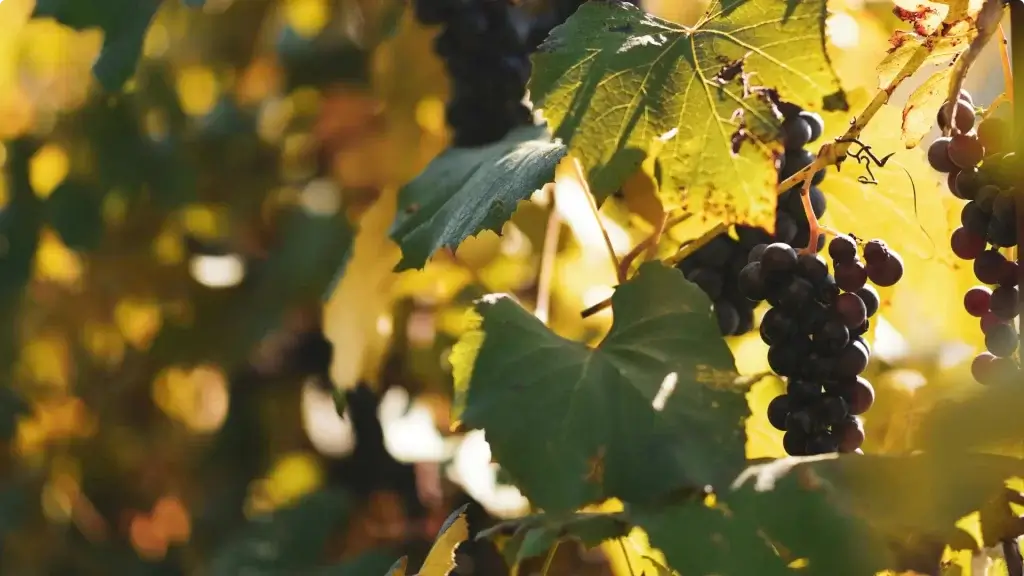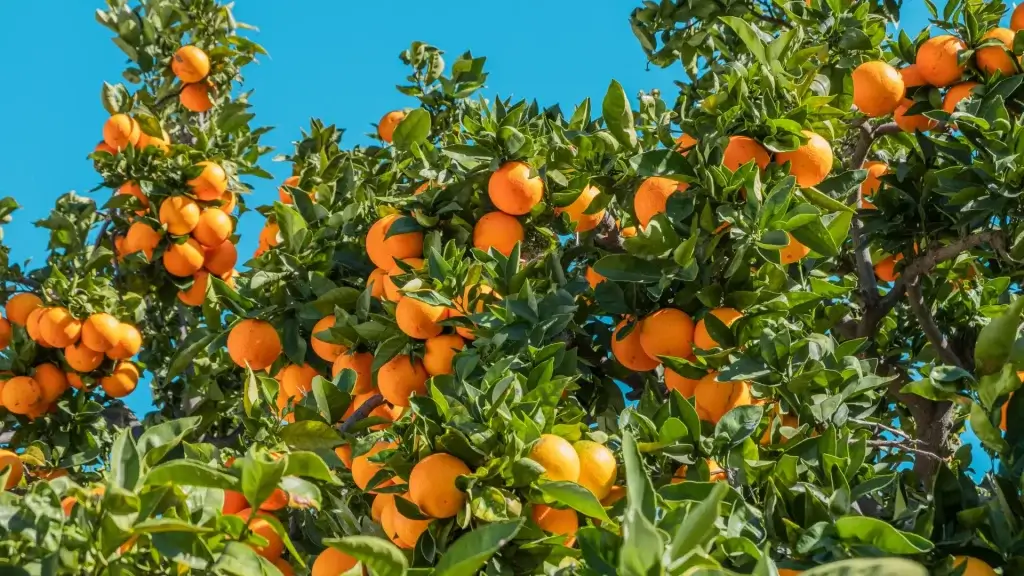John 15:1-17 is a powerful passage of Scripture, and often quoted. But what does it mean to abide in God? How does that impact your purpose as a Christian?
Gardening 101
Have you ever seen a vine? Look at this picture. Can you match John’s description with the various parts?
- The vine = Jesus: This is an “I AM” statement. Jesus’ audience here is Jewish people, who would have seen the reference to the Old Testament writings immediately, and connected it with the common way God referred to himself. The vine is the source of nutrients and water for the branches – everything they need to stay alive and produce fruit.
- The vinedresser = God: the one who prunes the branches (cutting them to create space for better growth, and stimulate further growth), who cares for the vine and its branches.
- The branches = people: there are two types
- Those who produce fruit (good works) as a result of our relationship with the vine and the vinedresser
- Those who don’t produce fruit, who are cut off and thrown into the fire
- The fruit = good works: this comprises many different kinds of acts of love towards others, and improved character in ourselves
- The fire = Hell: a place absent of the presence, and thus the goodness, of God.
Abiding means to remain, abide, stay, continue, dwell, or endure. But why would you want to dwell in God? And to what end?
Rooting:
In this Scripture Jesus explains how we are designed: We are called to abide in God, through Jesus, and it is promised that as a result of this abiding we will bear fruit, through the gift of the Holy Spirit, to the glory of God (verse 4). God promises to give us a purpose: bearing fruit.
What does it mean to bear fruit? How do I find my purpose? How do I go about this task?
To continue with the gardening metaphor, we need to start by rooting ourselves deeply in the vine. The most important point in this Scripture is to invest in a relationship with God, to abide in the vinedresser. First and most important is to recognise that this can only come through a relationship with Jesus, the vine (verse 4-5). He is the one who gives us confidence to approach God, because of His sacrifice on the cross for our sins (Hebrews 4:14-16).
To build a relationship with someone you need to talk with them, discover their character and their desires. Abiding gives a sense of perseverance, continuity, commitment, and being steadfast. Not forced, not as a duty/chore, but out of a deep desire for friendship with Jesus as the priority of our lives. It is the same with God. Pray, spend time in His Word and with His people to witness His design, His promises, His goodness. This is part of His purpose for us: to experience the joy and love of His presence.
It is a journey, but God gives us clear ways to progress, and the grace to see the results of such progress.
Flowering:
Somehow, “Fruiting” doesn’t have the same ring to it… But this is what we are called to do, as a result of our relationship with God. The Gospel isn’t a sideline, nice-to-have, “doesn’t really affect my life”. It is meant to reshape the way we think and act, towards the purposes of God instead of our own. To save you from a pointless, ineffective life.
But what does fruitfulness look like? It usually results in two things that are closely linked: acts of love towards others (verse 13 & 17), and improved character in ourselves.
Acts of love are a necessity (if you are unconvinced, read James – be warned, he is zealous). They are the result of a deep knowledge of abounding grace, and flow out towards others. “Others” includes not only the people in your life who have not seen or recognised this amazing gift yet, but also to your brothers and sisters in Christ who suffer various trials and tribulations in the course of their lives, and need encouragement and truth. This is the reason Paul writes his letters to the churches, and some additional reasons
Improved character goes hand in hand with the next section, so keep reading!
Pruning:
God, as the vinedresser, prunes us with his discipline and through suffering (verse 2). Pruning has multiple benefits for the plant:
- Stimulate growth = by removing old or damaged parts of the plant, one can allow new growth to surpass the previous branch.
- Shaping = one can shape a plant, controlling its size and image.
- Improved health = removing damaged, dead or diseased parts of the plant can prevent or halt the spread of anything harmful to the plant.
- Increased production = removing unproductive sections helps increase the productivity of the plant.
Pruning is not meant to be a comfortable process, but it proves to be wonderful in the future – even if we can’t see it in the moment. It could be different for all of us: circumstances, trials, suffering. How do you know if it is a pruning moment? The way that you know it is usually when you look back and see that your life has grown closer to Christ as a result.
Romans 5:1-5 reads: 1 Therefore, since we have been declared righteous by faith, we have peace with God through our Lord Jesus Christ. 2 We have also obtained access through Him by faith into this grace in which we stand, and we rejoice in the hope of the glory of God. 3 And not only that, but we also rejoice in our afflictions, because we know that affliction produces endurance, 4 endurance produces proven character, and proven character produces hope. 5 This hope will not disappoint us, because God’s love has been poured out in our hearts through the Holy Spirit who was given to us.
One can also refer to this as “improved character”, and it comes through a few key areas: meditating and learning God’s word; suffering (Romans 5:3-5); service to God’s church and to the lost. There may be one or two more, but almost everything fits into those channels. These all contribute towards improved character, and usually lead to more of the other aspects too. Together this provides a witness to the world of your faith in God, and the growth and joy that comes from it (Romans 5:1-2 & 6:22).
Reflection & Application:
How would you rate your abidance with God on a daily, weekly basis?
Pray for a heart that desires to spend time with God, that wants to meditate on His Word. Try our Discover resources for more on this topic.
Plan out some ways you can prioritise this abiding, and put it in your schedule.
Try our Prioritise resources for great ideas and tools to help you start (and maintain) your purpose.
Are there some areas of your life where you are producing fruit for God?
Thank Him in prayer for those opportunities, and for the gifts/talents/skills He has granted you in those spaces.
Where might you be missing or ignoring opportunities to be fruitful?
- Are you ignoring them? Examine your fears to root out the cause of this avoidance. Discuss with a wise mentor/friend. Plan how you can overcome your fear(s). Pray for opportunities, and for grace as you struggle with them.
- Do you just keep missing them? Take some time and think of a few reasons you might be being distracted by less important tasks. Pray for God to help you focus on His desires, to have your eyes opened to opportunities you might normally miss.
- Have a look at our Advance resources for some ideas and opportunities.




